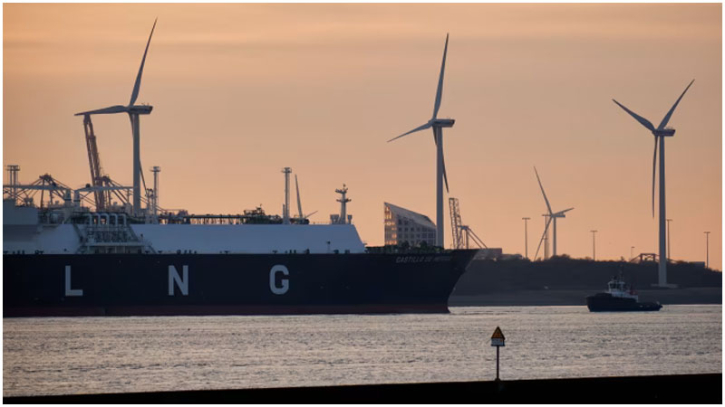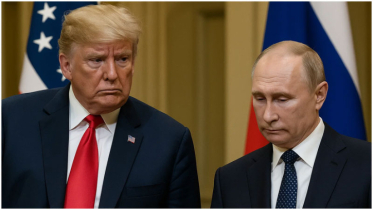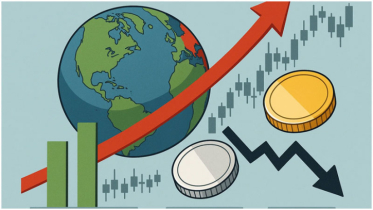US and Qatar warn EU of trade and energy fallout

The United States and Qatar have warned the European Union that its new climate and human rights regulations could jeopardize trade ties, investment, and energy supplies unless the bloc scales back the proposed rules.
In a joint letter to EU leaders, seen by the Financial Times, the two countries said the EU’s Corporate Sustainability Due Diligence Directive (CSDDD) poses an “existential threat” to Europe’s economic competitiveness and energy security. The rules, which could be debated by EU lawmakers as early as Friday, aim to hold companies accountable for environmental damage and human rights abuses across their supply chains.
Washington and Doha argued that the directive would undermine exports of liquefied natural gas (LNG), a key source of energy for the EU since Russia’s invasion of Ukraine in 2022. “This comes at a critical moment when our countries and companies are striving not only to sustain but to significantly increase the reliable supply of LNG to the EU,” the letter said.
The letter also warned that the legislation could disrupt the trade deal signed in July between the EU and U.S. President Donald Trump, under which EU countries committed to purchasing $750 billion worth of U.S. energy by the end of 2028. “Beyond the direct energy security risks, the CSDDD also threatens to disrupt trade and investments across nearly all the EU’s partner economies,” it said.
The intervention underscores growing tensions between major fossil fuel producers and the EU, which is seeking to accelerate its shift toward renewable energy. The bloc currently sources about 16 percent of its gas from the U.S. and 4 percent from Qatar. On Monday, European energy ministers agreed to phase out the remaining 19 percent of gas imports from Russia by 2027, increasing the bloc’s reliance on other suppliers.
Under the CSDDD, expected to take effect in 2027, EU countries would be able to fine companies up to 5 percent of global turnover if their supply chains are found to harm the environment or human rights. The law would apply to non-EU firms generating more than €450 million in annual turnover within the bloc.
Negotiations between EU states and the European Parliament are due to begin this week, sparking a wave of lobbying from businesses and foreign governments. The U.S. has objected to the directive’s extraterritorial scope, warning that it could expose American firms to legal risks.
President Trump has repeatedly criticized environmental policies and threatened tariffs against countries he accuses of imposing “non-tariff trade barriers.” Earlier this year, he suspended enforcement of a U.S. anti-corruption law that bans American companies from bribing foreign officials.
U.S. Energy Secretary Chris Wright said last month that the EU’s climate rules could strain transatlantic trade relations. Qatar’s Energy Minister Saad al-Kaabi similarly told Reuters that QatarEnergy might not be able to continue business in Europe without changes to the EU’s sustainability framework.
Some European leaders, including German Chancellor Friedrich Merz and French President Emmanuel Macron, have also called for the directive to be delayed or revised. U.S. oil and gas producers have criticized the law’s requirement for companies to outline plans for reducing greenhouse gas emissions in line with the Paris Agreement.
In their letter, Wright and Kaabi urged EU leaders to “act swiftly” to address concerns over the directive’s scope, penalties, and potential legal liabilities. “We urge EU leaders to take immediate, decisive action by reopening substantive dialogue with your global partners, including the U.S. and Qatar, to address these critical provisions in the CSDDD,” they wrote.
.png)




